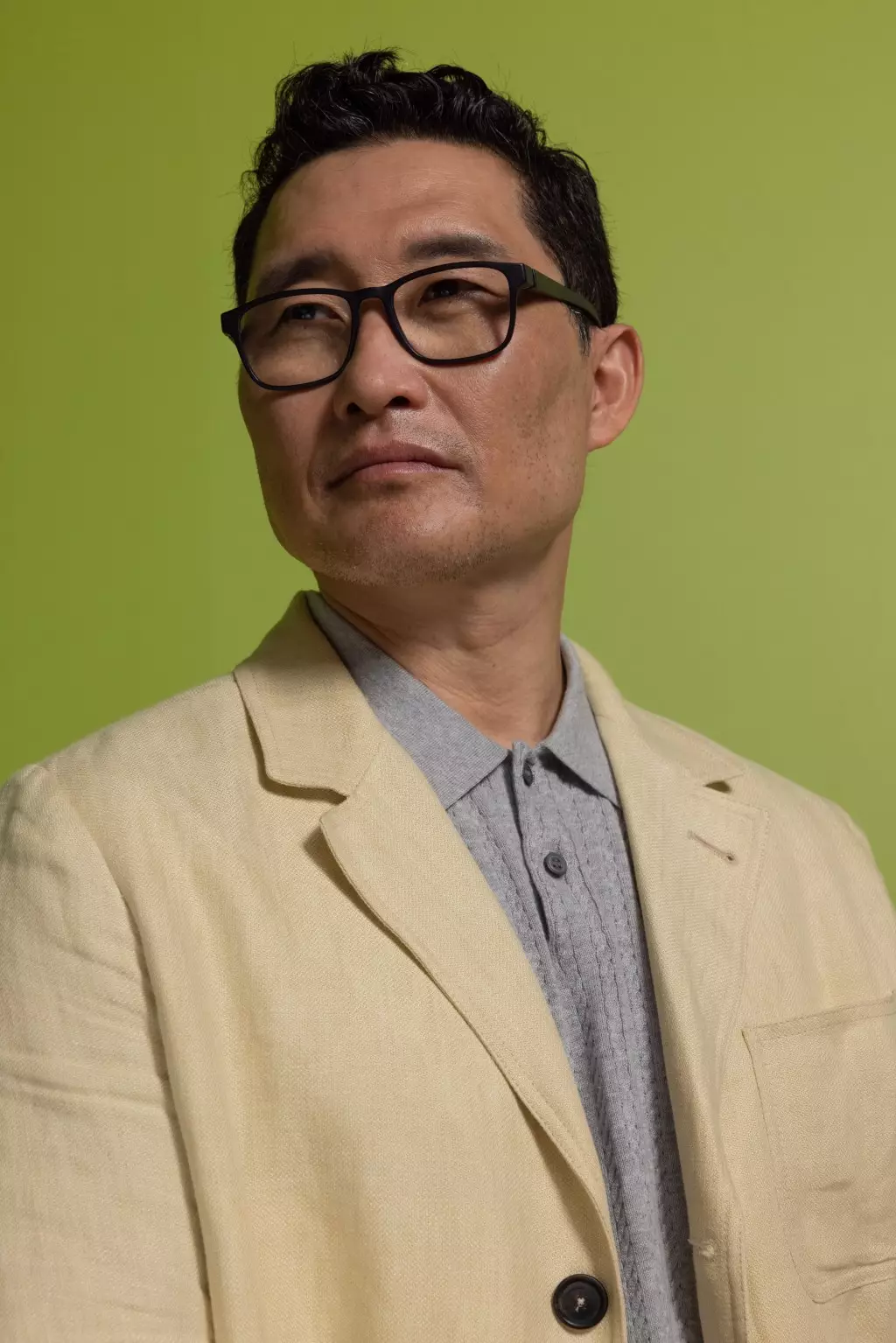The Red Sea Film Festival has emerged as a notable platform for showcasing talent from diverse corners of the globe. Daniel Dae Kim, a seasoned actor, producer, and director, recently shared his perspectives during a visit to Jeddah, highlighting the opportunity to engage with exceptional talent from the region. His participation as a juror in this international film festival has not only broadened his understanding of cinema beyond Western borders but also emphasized the significance of collaboration in creating a more connected world.
During his tenure on the jury, Kim expressed his delight in discovering the remarkable filmmaking talent that the region has to offer. Hailing from a background that encompasses both American and Asian artistic landscapes, Kim finds the experience in Saudi Arabia particularly enriching. He reflects on his experience of working across various cultural realms and recognizes that great stories and creative expressions can emerge from anywhere. By collaborating with individuals from different backgrounds, artists can craft narratives that resonate on a multitude of levels, thus fostering deeper cultural connections.
Kim’s observations on collaboration come from decades of experience within the industry. He astutely notes that the shared enthusiasm among jurors often leads to productive discussions around the films in competition. This collaborative spirit creates an inviting environment for exchanging ideas, where filmmakers can express their viewpoints freely while remaining open to diverse interpretations. This attitude is essential, especially in an era where the global film industry is increasingly leaning toward cross-cultural co-productions, and artists are beginning to appreciate the value of diverse storytelling.
As an actor in Netflix’s much-anticipated adaptation of “Avatar: The Last Airbender,” Kim finds that engaging with a new generation of viewers through beloved narratives is a rewarding challenge. The adaptation expands his audience and introduces his work to demographics that may not be familiar with his previous performances in shows like “Lost” or “Hawaii Five-0.” This evolution in audience engagement showcases the potential for reimagining storytelling through various mediums, from traditional television to streaming platforms.
Looking ahead, Kim is involved in producing the spy series “Butterfly,” set to be released on Amazon. Notably crafted with a Korean crew and featuring a culturally blended cast, the series exemplifies how co-productions can serve as a bridge between cultures. By fostering such projects, Kim believes that filmmakers can contribute positively to the globalization of cinema—creating narratives that appeal to a wider audience while honoring the unique cultural components of the storytelling.
Film festivals, such as the Red Sea Film Festival, play a pivotal role in catalyzing cultural exchange and promoting emerging filmmakers. Kim’s awareness of the rich cinematic landscape beyond Hollywood reinforces the notion that innovative and compelling storytelling can originate from anywhere. By participating in these festivals, artists like Kim not only endorse budding talents but also bring visibility to narratives that reflect the unique sociopolitical and cultural nuances of the regions they represent.
Daniel Dae Kim’s insights at the Red Sea Film Festival underscore the importance of collaboration in the modern film landscape. The interplay between regional talent and global narratives is essential for enriching the cinematic experience for audiences everywhere. As the world becomes increasingly intertwined through digital platforms and storytelling innovations, it will be the filmmakers who embrace diversity and inclusivity that will shape the future of cinema. With figures like Kim leading the charge, the film industry is poised to thrive through shared creative endeavors, ultimately contributing to a more connected, empathetic world.


Leave a Reply